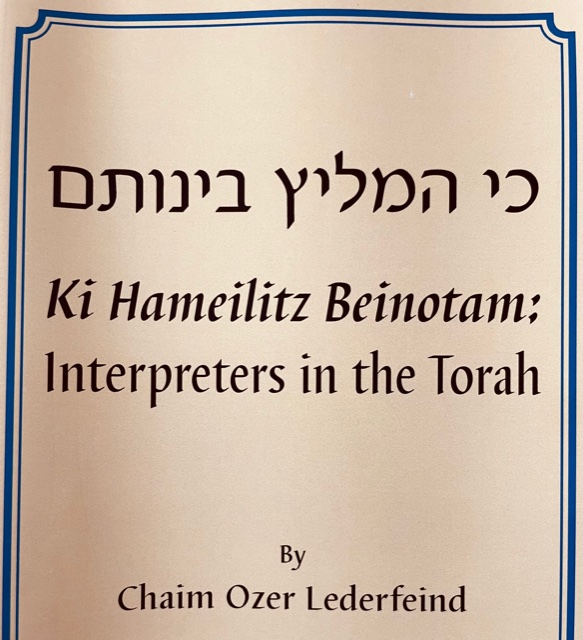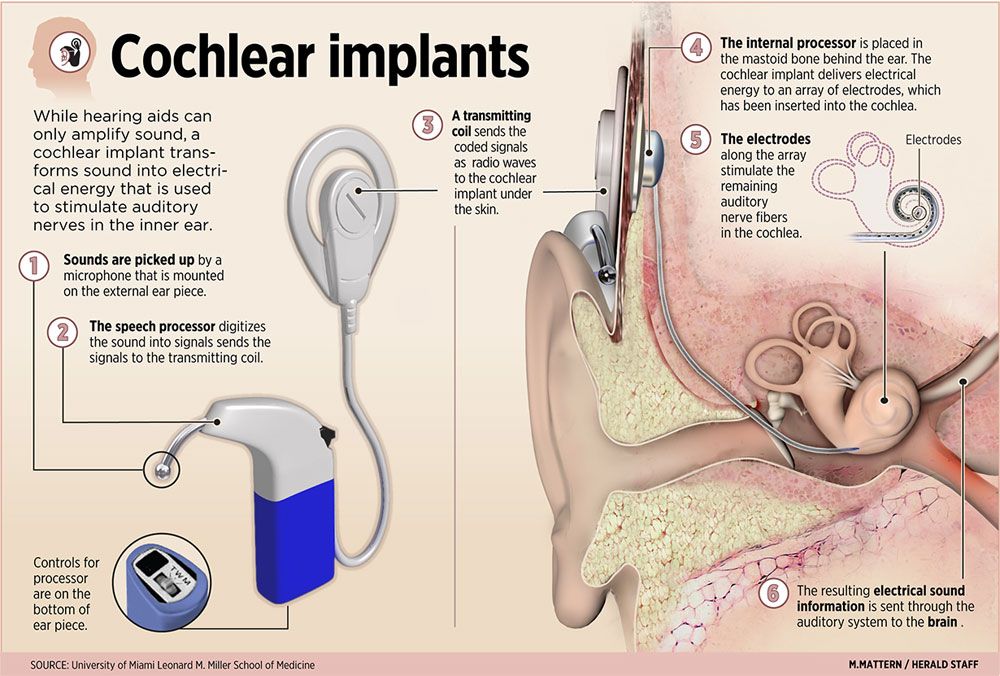Media: Yomi-jd1.jpg
Posted on January 2, 2022
by Leonard J. Press, O.D., FAAO, FCOVD
Pressvision’s Blog
After ending our supplementary discussion about the consideration of women being eligible to read the Megillah for others, we begin the Daf today with the משנה דף יט עמוד ב which reads as follows:
הַכֹּל כְּשֵׁרִין לִקְרוֹת אֶת הַמְּגִילָּה, חוּץ מֵחֵרֵשׁ שׁוֹטֶה וְקָטָן. רַבִּי יְהוּדָה מַכְשִׁיר בְּקָטָן.
I want to focus on the חֵרֵשׁ, and in particular the commentary by תוספות who states:
חוץ מחרש – סתם חרש הוי אינו שומע ואינו מדבר אבל חרש דהכא מדבר הוא מדקרי המגילה ופקח הוא לכל דבריו חוץ מדבר זה שצריך שישמיע לאזנו: Except for the deaf – an individual with generalized deafness cannot hear and cannot speak. But the individual with deafness under consideration here can speak, and when he reads the מגילה he is open to all words other than words than that his ears must hear.
The intent of this תוספות appears to be saying that the person with deafness in consideration has full intelligence as well intelligibility. The Gemara, in grouping חֵרֵשׁ שׁוֹטֶה וְקָטָן, is identifying a continuum of limitations in 1) sensory impairment, 2) intellectual disability, and 3) developmental chronology. In deafness, as a sensory impairment, limitations range from speech being intelligible to unintelligible depending on numerous factors including whether deafness was congenital or acquired, and the extent to which a young child may have received speech therapy and the nature of that therapy. The implication of תוספות here regarding a reader of the מגילה is that we are considering someone with acquired deafness who can read it aloud in a manner that is comprehensible to others.
At this juncture I would like to acknowledge our son-in-law in Cincinnati, Joey Goldberg, for making me more aware of issues within the Deaf community, and in particular of a new essay authored by the audiologist/speech-language pathologist, Chaim Ozer Lederfeind (dedicated in part to the memory of a very sweet man, his father Mr. Morton Goldberg [מניש יצחק בן אריה זצ”ל]).
While this new essay is an in-depth study of interpreters in the Torah and their influence on Jewish tradition, ranging from the interpreter between Joseph and his brothers to אהרון interpreting for משה and doesn’t discuss issues pertaining to the Megillah per se, I make mention of the essay because it is published by Our Way – Yachad, an organization that provides services for the Jewish deaf community and which spearheaded interactive Purim Megillah Experiences last year.
A synopsis of the Beiur Halacha on The Shulchan Aruch (תרפט:ב) in the Ohr Olam edition of the Mishnah Berurah that I’ve been referencing, notes the following: “While Shulchan Aruch’s wording implies that a deaf person is not obligated at all to read the Megillah, his rationale in Beis Yosef suggests otherwise: There, he explains that the reason one must specifically hear the Megillah [and reading without hearing is not sufficient] is for the sake of publicizing the miracle [but when hearing is not possible, this will not preclude the basic fulfillment of the mitzvah]. It would seem, then, that while a deaf person may not read for others, since he does not share their obligation to hear the Megillah – nonetheless, he should be obligated to read the Megillah for himself in order to fulfill the basic Mitzvah. Indeed, the same logic that obligates women should obligate deaf people: Even though women are ordinarily exempt from time-based mitzvos, they are obligated to hear the Megillah, because they too were saved by the miracle of Purim. This reasoning applied to deaf people, who were saved by the miracle. However, all this is of no halachic consequence, since several Rishonim and Acharonim rule that a deaf person can even read for others.”
An intriguing consideration with practical halachic considerations is addressed on p. 617 of the Ohr Olam edition regarding cochlear implants. Some authorities rule that since the natural voice of the reader is received by the microphone of the implant and translated directly into a signal for the auditory nerve, the implant is viewed as an integral part of the wearer’s hearing process, and not as a foreign object conveying an artificial sound. Such individuals might qualify to be מוציא others.
There is significant space devoted in the Gemara to considerations about the deaf individual or חרש being able to מוציא others, לכתחלה (pre-planned) or ודיעבד (after-the-fact), and how that relates to the opinions of R’ Yehuda, R’ Yosi, or R’ Meier. I refer you to Rabbi Stern’s video above to work through all of the potential scenarios.
Source: pressvision.wordpress.com/2022/01/02/blog-yomi-megillah-19/





